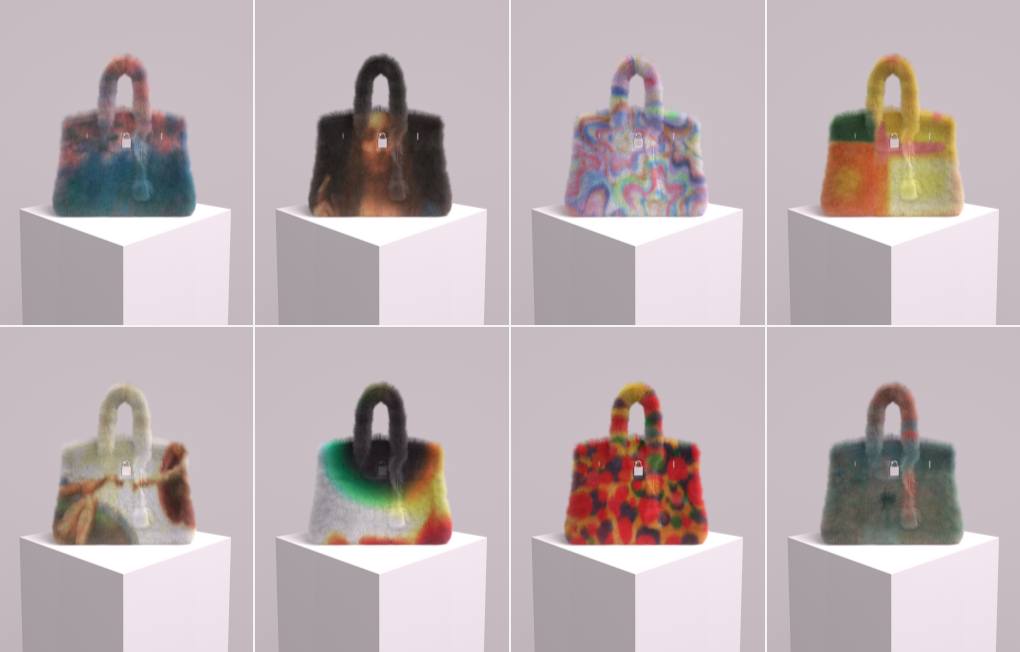
Hermès, the French luxury brand behind the famously pricey Birkin handbag, scored a legal victory today over a digital artist known as Mason Rothschild, who produced an NFT titled MetaBirkin.
A federal jury returned a verdict against the artist today, following a five-day trial, deciding that the artist violated Hermès’s Birkin trademark rights.
“Great day for big brands. Terrible day for artists and the First Amendment,” said the artist’s lead counsel Rhett Millsaps in a statement.
“This is not the end of this case,” he told Artnet News in an email.
Rothschild, referring to the jurors, said: “Take nine people off the street right now and ask them to tell you what art is but the kicker is whatever they say will now become the undisputed truth. That’s what happened today.”
The jury awarded Hermès $133,000 in damages and also found the artist’s NFTs aren’t protected speech under the First Amendment.
Attorneys and a representative for Hermès did not comment following the verdict.
The case was closely watched since it is the first major test of how NFTs, which have exploded in popularity in recent years, should be considered in the context of copyright law. One expert predicted “a chilling effect on NFT artists,” as a result of the decision, according to Bloomberg News.
As Artnet News reported earlier this year, similar disputes surrounding ownership have popped up over a series of unauthorized NFT photos of Olive Garden restaurants and Quentin Tarantino’s NFTs from Pulp Fiction.
In December 2021, Hermès sent the artist a cease and desist letter. The MetaBirkins were removed from OpenSea’s primary market around the same time.
In the MetaBirkin project, the artist reimagined the designer bags with dyed fake fur—a move that, according to the MetaBirkins website, was “inspired by the acceleration of fashion’s ‘fur free’ initiatives and embrace of alternative textiles.”
A disclaimer at the bottom of the site read: “We are not affiliated, associated, authorized, endorsed by, or in any way officially connected with the HERMES, or any of its subsidiaries or its affiliates.” In the lawsuit it eventually filed, Hermès asserted that the disclaimer actually made matters worse by “excessively” using the brand’s name and “unnecessarily” linking to its website.
Rothschild’s post-verdict statement continued: “A multibillion-dollar luxury fashion house who says they ‘care’ about art and artists but feel they have the right to choose what art IS and who IS an artist. Not because of what they create but because their CV doesn’t scream artist with a pedigree from a world-class art school. That’s what happened today.
A broken justice system that doesn’t allow an art expert to speak on art but allows economists to speak on it. That’s what happened today.
What happened today was wrong. What happened today will continue to happen if we don’t continue to fight. This is far from over.”